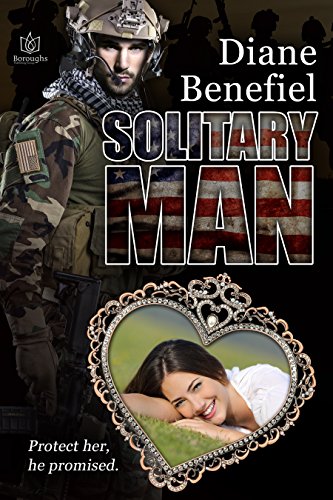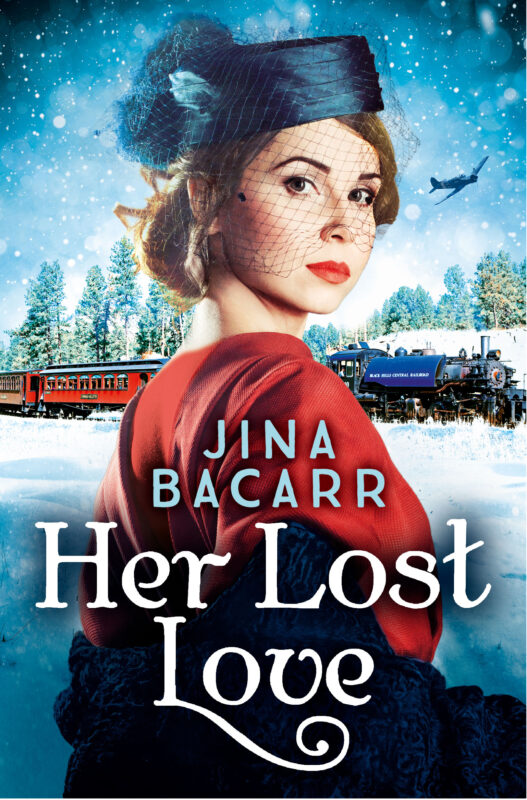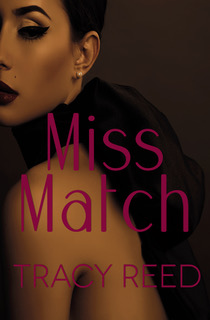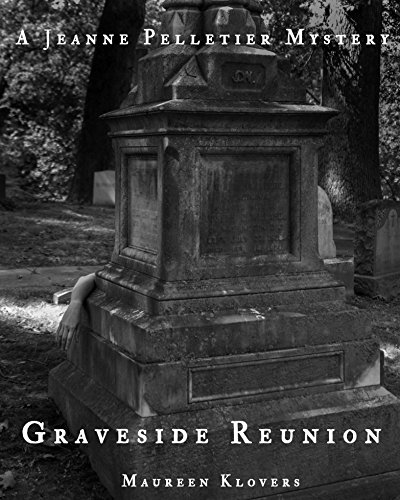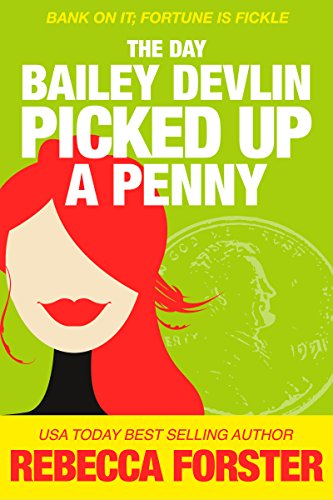Fish Bones by Neetu
March 26, 2025 by Neetu Malik in category Poet's Day by Neetu Malik tagged as emotions, fragile, Neetu, pride, uneasy conversation
Fish Bones
You were the guest
at my table
picking on the corners
of the table cloth,
fingers nervously
folding and unfolding
mutilated pride.
You watched the candle
flicker, as restless
as your hands—
trembling, casting
shadows visible only
to those who sat
on the edges of the paroxysm
that quivered and coughed,
cleared its throat
as if ready to explode
but was caught instead
on minute fish bones—
too sharp for
a smooth conversation.
© Neetu Malik
Some of Neetu’s Books
Glass by Neetu
February 26, 2025 by Neetu Malik in category Poet's Day by Neetu Malik tagged as broken heart, emotions, fragile, Neetu, silence
Glass
I tread softly
in your world
mindful of my footsteps
on the fragile glass
of your emotions
fearing the crack
one little slip could cause
breaking my own heart
without blows
without words
in a silence
deeper than
death
© Neetu Malik
Some of Neetu’s Books
Digging Deep by Dianna Sinovic
February 13, 2025 by Bethlehem Writers Group in category From a Cabin in the Woods by Members of Bethlehem Writers Group tagged as Digging deep, emotions, reader reactions, writing
I can still remember watching Titanic shortly after it came out (late ‘90s). It was the climax, after the iceberg has done its damage and the unsinkable ship is sinking. Rose is lying on the floating debris, and Jack is about to succumb to hypothermia. In the sea of people surrounding me and a friend in the movie theater, we were the only two not sobbing. We looked at each other as the credits rolled, baffled at the teary response we were witnessing.
It was a powerful lesson in storytelling to realize that not everyone reacts to an emotional scene in a way the author (or director) hopes they will.
That varied reaction is one that plays out again and again in discussions with other readers—in my book group, in my movie group, and in my various writers’ groups. We each bring to the books we read and movies we watch a unique set of experiences that influence how we respond to the material.
When the emotional pull is deep, the power of the story can remain long after I finish the book or the movie ends. For me, a book that stayed with me long afterward was Atonement by Ian McEwan. The ending (spoiler alert!), when the reader discovers that Cecilia and Robbie, the young couple they’ve become invested in, actually died because of what another character did that put them in harm’s way, devasted me. I put off starting a new book for days because that story kept haunting me.
Another example is Mongrels by Stephen Graham Jones, about a teen boy who may or may not have inherited his family’s ability to become a werewolf. By the time the climax arrives, the reader is beginning to think the potential transformation will not happen. (Spoiler alert!) So when it does happen, the reader feels the relief viscerally, just as the main character does. I returned to that scene to reread it again and again, marveling at how it affected me.
Neither of these books may have affected you, but it was alchemy magic for me. Or, not really magic, but the skill of the author to build a story so that the emotional stakes for the protagonist feel so real and true that the reader can’t help but experience it along with that main character.
As a book coach, I can be impressed with and enjoy a story for a number of craft reasons—but the reader in me will fall in love with a book because of how it moves me.
According to Donald Maass inhis superb nonfiction book The Emotional Craft of Fiction, the key to moving the reader is making the emotional stakes clear—letting the reader see/understand why what happens is meaningful to the main character. When the important thing does happen (or doesn’t), we feel the impact deeply and it remains with us. “Focus on the emotional world of your characters,” Maass writes, “and you will not only make a better tale, but you will build a better world for us all.”
Let’s return to the movie Titanic. Rewatching that film recently, more than twenty years after my first viewing, my reaction to the climactic scene in the water was much different. I ran for the tissues. The movie hadn’t changed (Jack still died), but so it had to be me. Those intervening years provided enough love and loss to connect emotionally with the scene that played out.
Books By Bethlehem Writers Group
The Opening Image
February 17, 2020 by Kidd Wadsworth in category Infused with Meaning by Kidd Wadsworth tagged as emotions, Opening Scene, Save the Cat! Writes a Novel, Story Genius, Your First 1000 CopiesEmotionally Connecting with Your Readers
Kidd Wadsworth
I have three go to books on my writing shelf: Story Genius by Lisa Cron featured in my first blog post, Your First 1000 Copies by Tim Grahl and Save The Cat! Writes a Novel: The Last Book on Novel Writing You’ll Ever Need by Jessica Brody. Yes, I’ve got other writing books, hundreds, but these three are the superheroes, the Avengers, of writing books.
Save The Cat! is about pacing. An expectation, of what will happen when, has been created in readers by television and movies: the sidekick should be introduced in the first quarter of the novel; at the midpoint someone will die; etc. Yes, you can break these rules, if you’re good, very good, but if you follow them, your novel will tend to be more readily accepted by agents and readers alike. The Save the Cat! formula begins with a single scene, an opening image, which should establish an emotional connection between the reader and your protagonist. Below is the opening image to my novel The Dream Seer. Your comments are earnestly solicited. If I don’t get this right, I’ll lose the reader on the first page.
*
I woke with a Cottonmouth hissing and coiling in my gut. The California sun shone all bright through my window—right into my eyes. Outside, in a tree, a little yellow bird decided to serenade me, chirping out happiness. I pulled the covers over my head.
Dad hadn’t called, not for three days. He always called. We had a standing breakfast Skype appointment. Grandfather would even set place for Dad at the table. If he fixed banana pancakes—Dad’s favorite—he’d make an extra stack and sit them right in front of the computer screen where Dad could see them, just to let Dad know that we were thinking about him.
Dad would look oh-so-longingly at those pancakes and say, “Thanks.”
Grandfather said Dad’s mission had probably gone long or the base was on a communications blackout. Guess that had to be it. I mean, everyone knows that its practically impossible to kill a Navy SEAL. SEALs are the most highly trained soldiers in the whole world.
Big feet moseyed down the hallway and into my room. Grandfather gave my hammock a swing. “Time to get up, sailor.”
Underneath the blanket my hands curled into fists.
“Hmmm…, Grandfather said. “I see.”
I didn’t know what he was seeing, but a lump of covers.
“Would you like to talk?” he asked.
“About what?”
“I’m here for you, son.”
“Don’t you need to be fixing breakfast?”
Through the covers he kissed my forehead. Then his footsteps headed for the kitchen. Soon enough came the sound of whistling and a spoon hitting the side of a mixing bowl.
Ding. Must have been heating syrup in the microwave.
I reckoned it was no use. I had to get up, and I had to go to school. That’s what it’s like when all the men in your family are in the Navy. You grow up knowing you’ve got to follow orders, even if nothing about the world makes you want to be living in it.
*
Tell me, do you want to read more?
White Space by Kidd Wadsworth
September 18, 2019 by Kidd Wadsworth in category Infused with Meaning by Kidd Wadsworth tagged as emotions, writers
Death is the absence of life. It is the white space on a painting, an empty hospital bed, a silent room, a closet of clothes. Death is the extinction of a species of only one. I closed my eyes. I woke, and he was gone. They took his body in the night. They came for the bed and the wheelchair by noon. We reduced his life to a photo and two columns in the newspaper. We sang his favorite songs. We spoke, “he was good friend, a wonderful father and an average golfer.”
Emotion is the currency of all good writers. But what if there is no emotion? What if death brings not regret, or anger, or longing, or even peace, but rather echoes? Did he call my name? I turned my head. Was that him, walking into his office?
Where is the salty taste of my tears? I become white space.
Can someone please tell me how to feel?
6 0 Read moreAffiliate Links
A Slice of Orange is an affiliate with some of the booksellers listed on this website, including Barnes & Nobel, Books A Million, iBooks, Kobo, and Smashwords. This means A Slice of Orange may earn a small advertising fee from sales made through the links used on this website. There are reminders of these affiliate links on the pages for individual books.
Search A Slice of Orange
Find a Column
Archives
Featured Books
SOLITARY MAN
On a battlefield in Afghanistan, Sgt. Ryder Bronson makes an oath to protect his dying friend’s wife from a rogue cop—and from the passion that will threaten to overwhelm them both.
More info →HER LOST LOVE
All she wants for Christmas is to save the man she loves…
More info →MISS MATCH
What happens when the matchmaker inadvertently gets matched while matching someone else?
More info →GRAVESIDE REUNION
A chance encounter with a wealthy congressman leads to an unusual proposition…
More info →THE DAY BAILEY DEVLIN PICKED UP A PENNY
Oh, Boy! Oh, Bailey!
Find a penny, pick it up; just don't bank on Lady Luck.
Newsletter
Contributing Authors
Search A Slice of Orange
Find a Column
Archives
Authors in the Bookstore
- A. E. Decker
- A. J. Scudiere
- A.J. Sidransky
- A.M. Roark
- Abby Collette
- Alanna Lucus
- Albert Marrin
- Alice Duncan
- Alina K. Field
- Alison Green Myers
- Andi Lawrencovna
- Andrew C Raiford
- Angela Pryce
- Aviva Vaughn
- Barbara Ankrum
- Bethlehem Writers Group, LLC
- Carol L. Wright
- Celeste Barclay
- Christina Alexandra
- Christopher D. Ochs
- Claire Davon
- Claire Naden
- Courtnee Turner Hoyle
- Courtney Annicchiarico
- D. Lieber
- Daniel V. Meier Jr.
- Debra Dixon
- Debra H. Goldstein
- Debra Holland
- Dee Ann Palmer
- Denise M. Colby
- Diane Benefiel
- Diane Sismour
- Dianna Sinovic
- DT Krippene
- E.B. Dawson
- Emilie Dallaire
- Emily Brightwell
- Emily PW Murphy
- Fae Rowen
- Faith L. Justice
- Frances Amati
- Geralyn Corcillo
- Glynnis Campbell
- Greg Jolley
- H. O. Charles
- Jaclyn Roché
- Jacqueline Diamond
- Janet Lynn and Will Zeilinger
- Jaya Mehta
- Jeannine Atkins
- Jeff Baird
- Jenna Barwin
- Jenne Kern
- Jennifer D. Bokal
- Jennifer Lyon
- Jerome W. McFadden
- Jill Piscitello
- Jina Bacarr
- Jo A. Hiestand
- Jodi Bogert
- Jolina Petersheim
- Jonathan Maberry
- Joy Allyson
- Judy Duarte
- Justin Murphy
- Justine Davis
- Kat Martin
- Kidd Wadsworth
- Kitty Bucholtz
- Kristy Tate
- Larry Deibert
- Larry Hamilton
- Laura Drake
- Laurie Stevens
- Leslie Knowles
- Li-Ying Lundquist
- Linda Carroll-Bradd
- Linda Lappin
- Linda McLaughlin
- Linda O. Johnston
- Lisa Preston
- Lolo Paige
- Loran Holt
- Lynette M. Burrows
- Lyssa Kay Adams
- Madeline Ash
- Margarita Engle
- Marguerite Quantaine
- Marianne H. Donley
- Mary Castillo
- Maureen Klovers
- Megan Haskell
- Melanie Waterbury
- Melisa Rivero
- Melissa Chambers
- Melodie Winawer
- Meriam Wilhelm
- Mikel J. Wilson
- Mindy Neff
- Monica McCabe
- Nancy Brashear
- Neetu Malik
- Nikki Prince
- Once Upon Anthologies
- Paula Gail Benson
- Penny Reid
- Peter J Barbour
- Priscilla Oliveras
- R. H. Kohno
- Rachel Hailey
- Ralph Hieb
- Ramcy Diek
- Ransom Stephens
- Rebecca Forster
- Renae Wrich
- Roxy Matthews
- Ryder Hunte Clancy
- Sally Paradysz
- Sheila Colón-Bagley
- Simone de Muñoz
- Sophie Barnes
- Susan Kaye Quinn
- Susan Lynn Meyer
- Susan Squires
- T. D. Fox
- Tara C. Allred
- Tara Lain
- Tari Lynn Jewett
- Terri Osburn
- Tracy Reed
- Vera Jane Cook
- Vicki Crum
- Writing Something Romantic
Affiliate Links
A Slice of Orange is an affiliate with some of the booksellers listed on this website, including Barnes & Nobel, Books A Million, iBooks, Kobo, and Smashwords. This means A Slice of Orange may earn a small advertising fee from sales made through the links used on this website. There are reminders of these affiliate links on the pages for individual books.




























